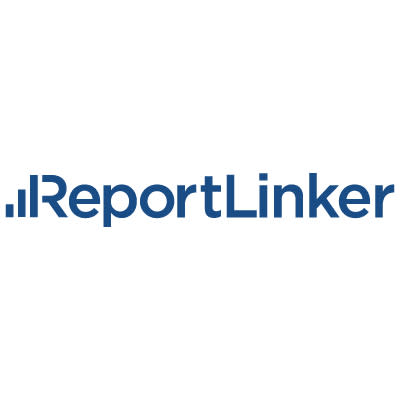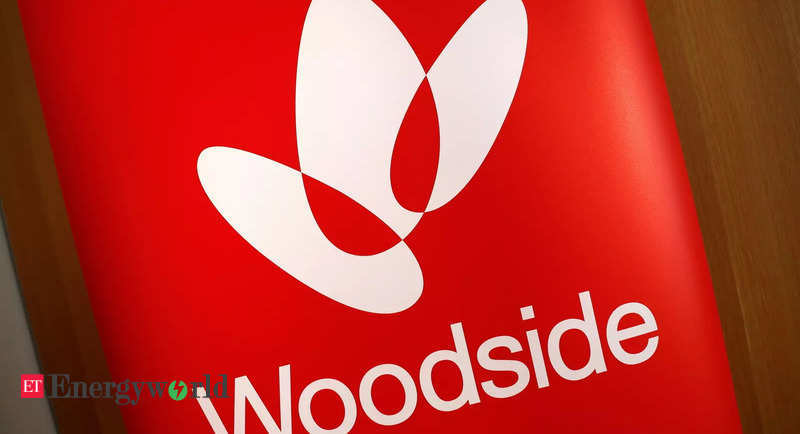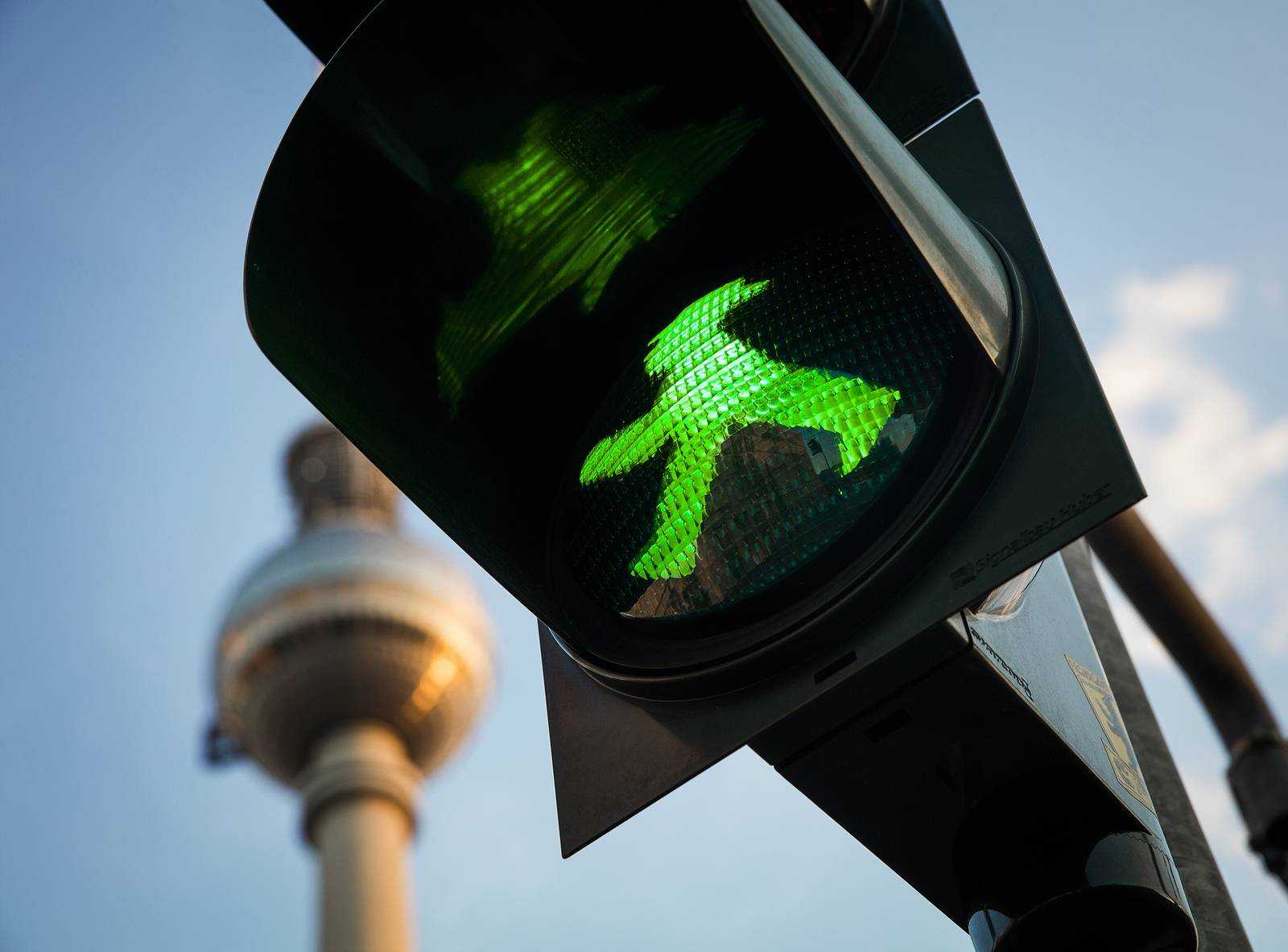In recent months, however, a global energy crisis has mixed with political tensions surrounding Ukraine and the pipeline to revitalize a global hotspot.
For Germany’s new SPD Chancellor Olaf Scholz, the pipeline is a first test for his three-party government alliance.
The Nord Stream 2 gas pipeline network is at the heart of Putin’s diplomacy and makes Germany vulnerable. AP
While Scholz insists that Nord Stream is a private-sector project, the Greens Foreign Minister Annalena Baerbock sees “a geostrategic role” in the pipeline. She says it should be abandoned at the first sign of more aggressive Russian moves against Ukraine.
But the further policy of the pipeline is even more complicated for Berlin.
In 2005, the former social democratic chancellor and close friend of Putin, Gerhardt Schröder, signed a letter of intent with Moscow to build the gas pipeline. Today he is a top manager at Nord Stream 2.
The pipeline will also create around 25,000 jobs in Germany, mainly in the northern state of Mecklenburg-Western Pomerania, where Nord Stream 2 gas is expected to arrive in Europe for the first time. The country is now ruled by an SPD-led government.
Germany is not only Russia’s largest foreign investor and largest gas importer, but has also long been a diplomatic bridge between the West and Moscow.
Russian tensions with Washington and its allies have intensified since Putin first emerged as leader more than 20 years ago, largely due to his support for Russian separatists in eastern Ukraine.
More recently, Moscow’s brazen annexation of Ukraine’s Crimea peninsula in 2014 has fueled western concerns over Moscow’s plans for Ukraine.
Klaus-Dieter Maubach, head of the German energy company Uniper – a financier of a pipeline – suspected that the political mood in Europe would point to a delay or even a stop of the Nord Stream project, interests of energy security.
“Nord Stream 2 is important,” Maubach told the daily Rheinische Post Newspaper. “A shutdown would be an economic risk for us and a risk for the gas supply in Europe.”
The Ukraine crisis and its possible consequences for the pipeline have also exacerbated the international tensions that Nord Stream has unleashed.
The project remains an important point of friction between Germany and Washington and between Berlin and a number of EU and NATO partners who fear that the pipeline will make Europe too dependent on Russia.
This is especially true for nations like Latvia, Poland and Lithuania, which were among the first former communist states to join NATO after the collapse of the Soviet Union. They are now pressing for Nord Stream to be included in every catalog of sanctions against Russia.
“If there is increased military activity, this project should be stopped,” said Latvian Prime Minister Arturs Karins at the summit of EU heads of state and government last month.




